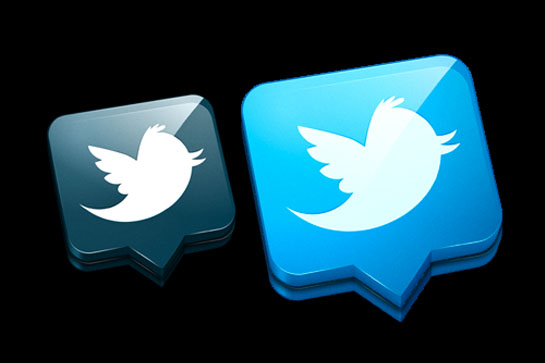I get questions all the time about how I manage having kids and a startup at the same time. After trying to answer the question a few times, I realized that there’s the pretty-much-BS answer about how it’s all about being clear on your values. Or there's the complicated, too-long-for-interviews answer.
To really get tips for being a CEO with young kids, you’d have to hang out with me for a day. Like, last Tuesday. Which was just another day of being a parent and running a startup. Except this day starts at midnight. When I decide that I am not going to go to sleep because I have to get up at 3:30 a.m. to drive to Milwaukee to catch a plane to Atlanta at 7 a.m. And here's the first tip:
1. Get sleep. The kind that is not warm and sweet.
I decide I'll stay up late and work but what I find is that I'm mostly eating. First coffee. Then coffee doused in sugar. Then peanut butter and jelly sandwiches, which I covet each morning I make them for school lunches. But normally I restrain myself.
I see now I'm too stressed for normal restraint, so I go to bed.
My three-year-old is in my bed. If I get in, he will snuggle and whisper “I love you” in his sleep. But when I get up to go to the airport, he'll have a fit, because what kid wouldn't hate to wake to his mom leaving his house in the middle of the night?
To shield my son from childhood trauma I take him out of my bed and put him in bed with my ex husband, who is sleeping in the bedroom down the hall so that I can leave on business trips.
2. Be great at business travel. But get out of it whenever you can.
I set the Blackberry for 3:30 a.m. And when it wakes me I feel like I slept for ten seconds. But this crappy itinerary was my idea. Because I was so excited to go in and out in one day and not have to stay in a hotel. Read more

